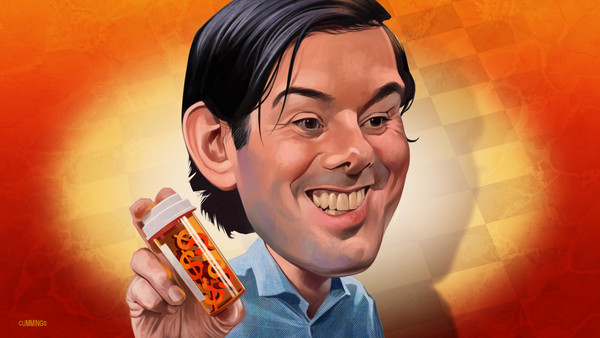Fair enough. Are your politicians professional elitists?
Well, yes, But if that is too simple as a factor alone. We are into something that is hard to quantify, because it is subjective qualities.
Since I am Danish, I will stick to that.
Okay, where to start.
Well, around the beginning of the 1900's we made a compromise. The capitalists controlled the money and production and what I should do for my pay as a worker. The workers were allowed to form unions and go on strike and the capitalists could use lockouts. If it came to a hard spot, the government was allow to make a compromise by turning it into law.
That is one example. Now here is how absurd it is to some. A restaurant some years ago tried to use no union workers and wouldn't negotiate with the unions. So here is the kicker. The unions asked other members of other unions to boykott to the restaurant, so for example the restaurant couldn't get deliveries, because the workers bringing the deliveries could refuse.
Well, you will ask - what does that have to do with your thread? It is about mindset. How you view the parts as humans in a process and how you resolve differences?!!
A welfare state is a compromise between different parts and the role of the government is to look out for all. And I mean all.
So here is the Danish tradition. For regular laws one side or the other has majority, but for the big structural changes they are almost always compromises between the 2 sides.
It is in the mind.

